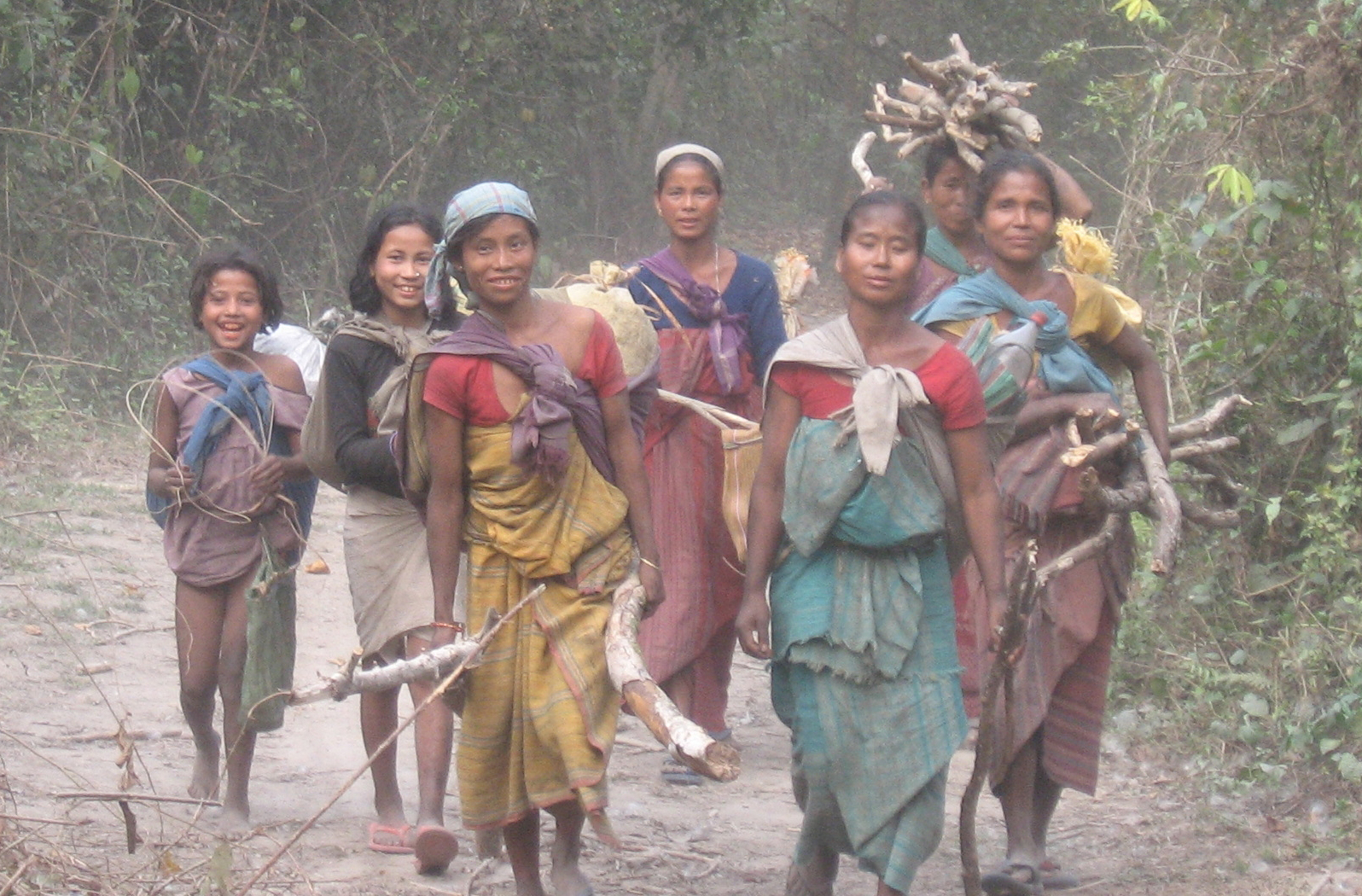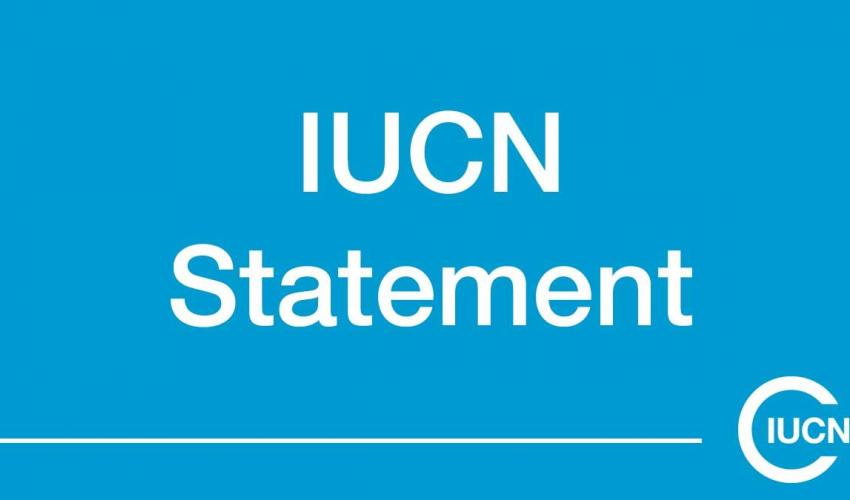World Heritage, Local Communities and Human Rights
By Gonzalo Oviedo, Tatjana Puschkarsky and Nigel Crawhall

Photo: Dhritiman Das
Together with ICOMOS and ICCROM, IUCN is the formal Advisory Body to the UNESCO Convention on World Heritage (1972). Many of IUCN’s experts from Commissions, regional offices or members support the World Heritage Programme, situated in IUCN headquarters, in its tasks to evaluate new nominations by State Parties or monitor already inscribed sites. In more and more sites, conflicts with local and indigenous communities suggest the need to consider the integration of a thorough social policy and stakeholder analysis in World Heritage processes. ICOMOS Norway convened a workshop in March 2011 financed by the Norwegian Ministry of the Environment to address these issues in the management of both natural and cultural World Heritage sites. Gonzalo Oviedo (Social Policy), Tatjana Puschkarsky and Tim Badman (World Heritage) participated. Nigel Crawhall (TILCEPA) supported the preparation.
The objective of the workshop was to discuss and analyze human rights dimensions in the World Heritage system by investigating the ways in which the establishment and management of World Heritage sites relates to the rights and entitlements of indigenous and local communities living in or adjacent to the sites. This is a critical issue in operative heritage management within the framework of sustainable development. The workshop was designed to promote dialogue and exchange on theory and practice with respect to management and stakeholder issues pertinent to significant heritage sites. IUCN presented rights-based approaches in conservation and specific examples of human rights issues in World Heritage sites, like displacement and restrictions on resource access or access to sacred sites, tenure security, oppressive enforcement measures, participation in decision-making , free, prior, and informed consent, conflict resolution mechanisms, local contributions to management like traditional ecological knowledge and equitable benefit-sharing. We also elaborated on key legal and policy frameworks that need to be considered like the United Nations Declaration on the Rights of Indigenous Peoples (UNDRIP). Discussions with colleagues stressed the crucial importance to integrate human rights considerations at the early stages of World Heritage identification and nomination.
Significant decisions with long-term implications about boundaries, zoning, management set-up, user rights and stakeholder involvement are taken during this stage which is fundamental for the later development of the area. To empower local communities so that they can affirm their rights and to integrate natural and cultural, tangible and intangible aspects in sites, which often coalesce with traditional indigenous homelands, appears to be a promising way to move forward. IUCN suggested a two-track approach: while not losing the long-term goal of advising the Committee on the legal policy framework of the Convention, IUCN should cooperate with the different actors within World Heritage, especially the other Advisory Bodies ICOMOS and ICCROM and its own experts, on how best meet the aim of the Committee to focus more on communities and inclusive conservation approaches. With its long expertise in social policy, protected area management and other international conventions, IUCN has a lot to contribute to this process and new developments within World Heritage. There is a need to establish partnerships with interested State Parties to implement and test tools and approaches, to join forces with indigenous and community organizations as well as with conservation, development and humanitarian actors and to disseminate information on best practices and good cases. As new complex issues with local rights holders, cultural landscapes, intangible heritage and livelihoods have emerged as important aspects for the management of natural World Heritage sites, specific dispute resolution mechanisms and a different set of expert skills in both the design and assessment of World Heritage nominations are required.
Results of the workshop will feed into the 40th anniversary events of the World Heritage Convention in 2012 themed “World Heritage and Sustainable Development: The Role of Local Communities in the Management of World Heritage”.



